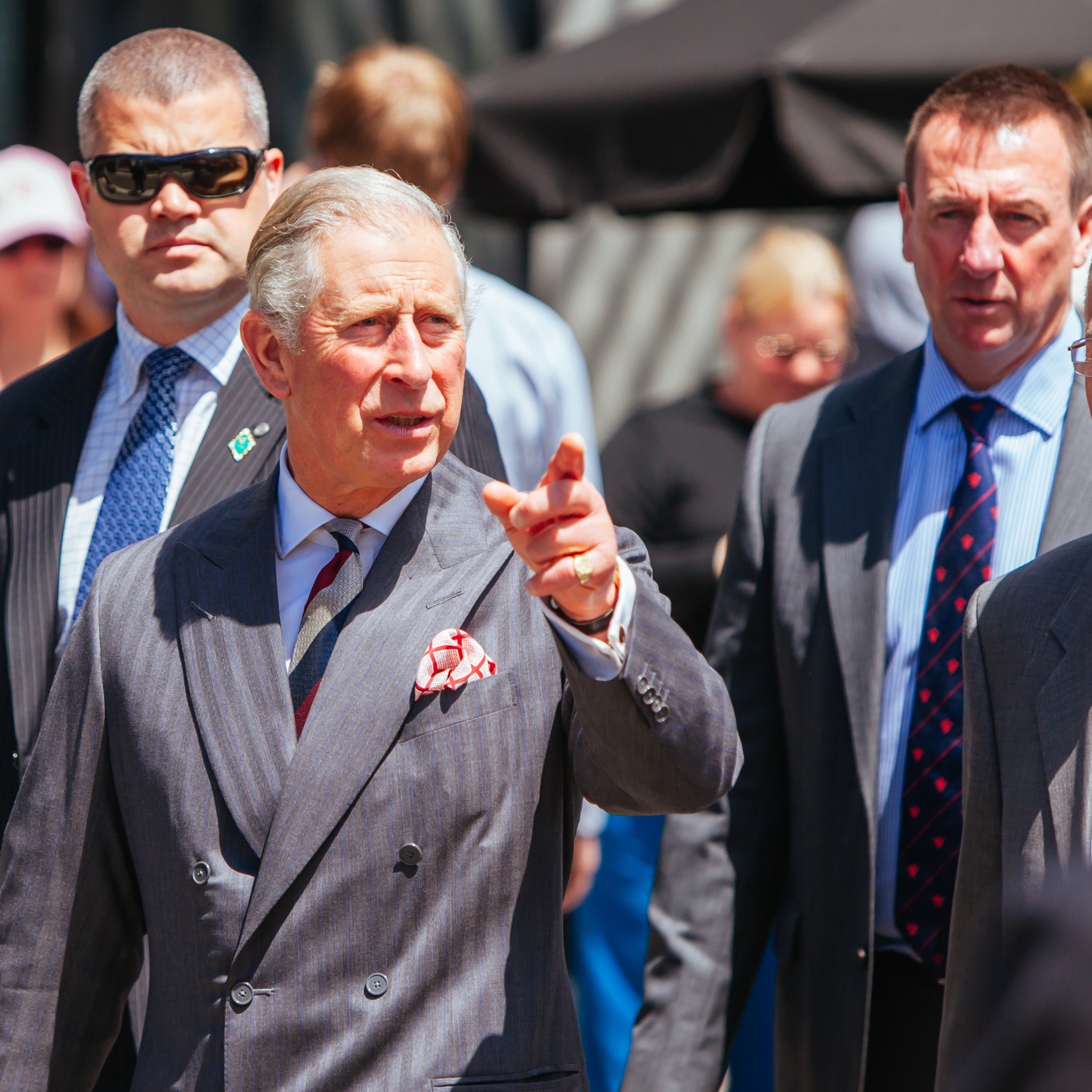 Prince Charles has been discussing sustainability and has suggested people should eat less meat and dairy to reduce the harmful effects on the environment. He personally turns vegetarian twice per week and cuts out dairy once per week.
Prince Charles has been discussing sustainability and has suggested people should eat less meat and dairy to reduce the harmful effects on the environment. He personally turns vegetarian twice per week and cuts out dairy once per week.
He is well placed to do this as he has been advocating for the environment and sustainable living since the 1970s. He has even gone as far as to install biomass boilers on some royal estates and to convert his Austin Martin to run on old wine and cheese. The prince is now being highly utilised to increase the messaging around Climate Change prior to COP26 in Glasgow.
But he isn’t the only royal speaking out, the Queen (who never does anything by accident) was heard airing her frustrations at leaders who “talk but they don’t do” and Prince William has created and celebrated the inaugural Earthshot prize. (If it sounds familiar the name is based on Moonshot, JFKs space program which challenged all Americans to claim a leadership role in space and land a man on the moon before 1970.)
Earthshot is a 10-year commitment, to awarding projects which have the most inspiring solution to the earths complex and growing environmental challenges. His idea is to “mobilise collective action around our unique ability to innovate, problem solve and repair our planet”
Each of the 5 prizes is worth £1m (AUD 1.85m) and are based on Protect and restore nature, Clean our air, Revive our oceans, Build a waste-free world and Fix our climate. The prizes were allocated by a panel including Sir David Attenborough, Cate Blanchett, Shakira as well as Naoko Yamazaki (an Astronaut from Japan).
With COP26 looming and even the royal family in the UK putting their heads above the parapet and very publicly speaking out on the environment and climate change, the messaging is getting louder and louder that something must change, and the status quo will not continue. In Prince William’s own words “We can’t have more clever speak, clever words but not enough action (at COP26) and that’s why the Earthshot Prize is so important because we’re trying to create action.”
The five winners were:
Protect and Restore Nature: The Republic of Costa Rica
The Earthshot Prize said: “With an innovative policy paying citizens to protect the rainforests and restore local ecosystems, the people of Costa Rica and their Ministry for Environment have reversed decades of deforestation. Since the programme launched, Costa Rica’s forests have doubled in size, leading to a boom in ecotourism and contributing $4 billion to the economy”.
Clean our Air: Takachar, India
The Earthshot Prize said: “New Delhi-based Takachar has developed pioneering technology to help end the burning of agricultural waste, which causes severe air pollution. Their cheap, small-scale, portable technology attaches to tractors and converts crop residues into sellable products like fuel and fertiliser and helps reduce smoke emissions by up to 98%”.
Revive our Oceans: Coral Vita, Bahamas
The Earthshot Prize said: “Coral Vita’s innovative approach to coral farming of growing coral on land then replanting it in the ocean can grow coral up to 50 times faster than traditional methods and improves coral resilience to the impact of climate change”.
Build a Waste-free World: The City of Milan Food Waste Hubs, Italy
The Earthshot Prize said: “As the first major city to enforce a city-wide food waste policy, Milan’s Food Waste Hub programme recovers food from local supermarkets and restaurants and distributes it to citizens in need, recovering about 130 tonnes of food per year, an estimated 260,000 meals equivalent”.
Fix our Climate: AEM Electrolyser, Thailand/Germany/Italy
The Earthshot Prize said: “The AEM Electrolyser from Enapter turns renewable electricity into emission-free hydrogen gas with a technology that has been developed quicker and cheaper than ever before and can transform how we power our homes and buildings and fuel transport”.
This article was written by our own “Brit” Kate Turner Senior Manager Markets, Analytics & Sustainability.
